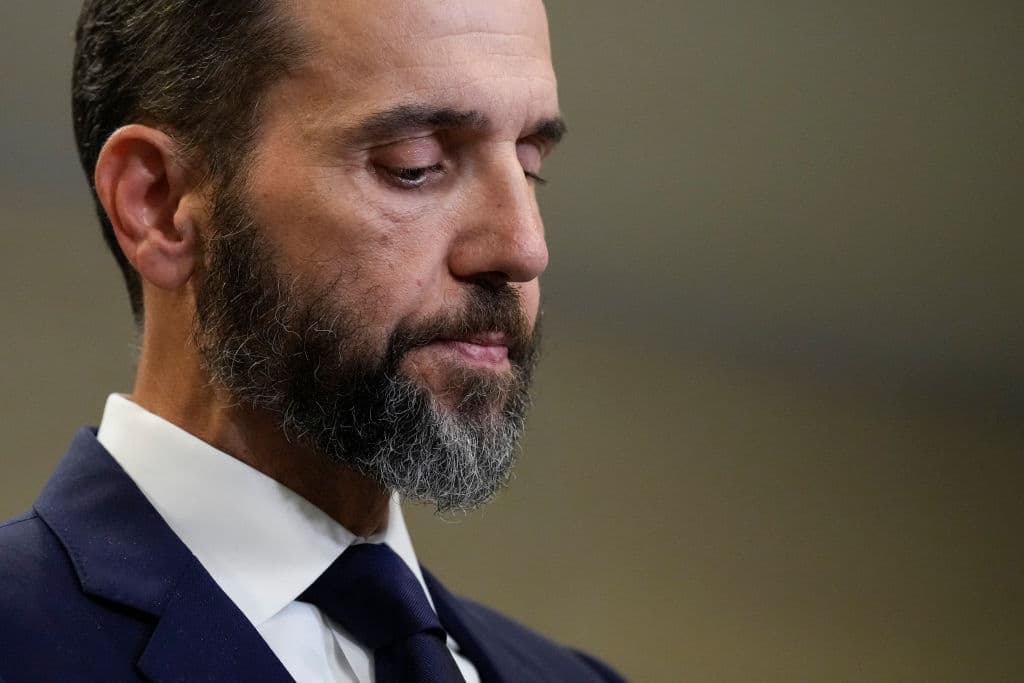Jack Smith, in Startling Move, Denounces Judge in Documents Case as ‘Wrong’ and a Perpetrator of ‘Manifest Injustice’
It turns out President Trump isn’t the only one who can unleash a tirade against a judge. Could Smith’s next move be a motion for Cannon to recuse herself?

Special Counsel Jack Smith’s strongly worded motion requesting that Judge Aileen Cannon reconsider an order unsealing the names and statements of some witnesses in the Mar-a-Lago documents case against President Trump could be a harbinger of an even more dramatic move to remove her from the case.
Please check your email.
A verification code has been sent to
Didn't get a code? Click to resend.
To continue reading, please select:
Enter your email to read for FREE
Get 1 FREE article
Join the Sun for a PENNY A DAY
$0.01/day for 60 days
Cancel anytime
100% ad free experience
Unlimited article and commenting access
Full annual dues ($120) billed after 60 days

